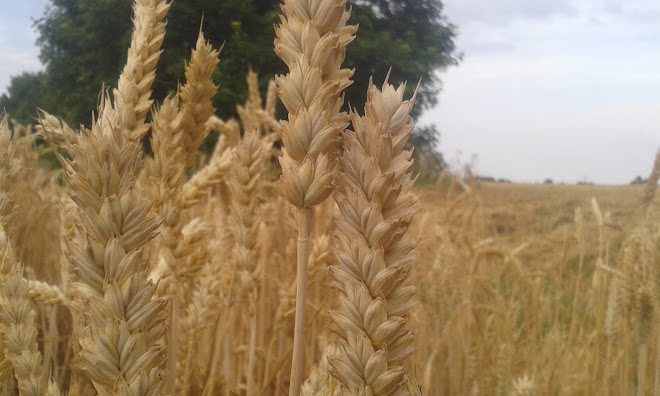Remote areas have a high share of the total amount of inhabitants of the target countries.
We are talking about millions of people. So there is a big market to explore and develop.
Distributors are easy to find. the problem is more to find project developers and funds. in contradiction to the government plans and funds, they are are rather hard to get access to.
You can find these areas all over the world, even islands like the Cape Verde, or Caribbean islands like Hispaniola (Haiti and the Dominican Republic), Jamaica, Cuba, some of the smaller islands as well.
Many of those regions still use candles and kerosine lamps for the dark hours. Food can not be kept fresh.
Here is a lack of transportation etc.
Governments recognized the problems and are starting funds to develop these areas.
However programs by the governments are hard accessible.
Basically the rural and remote areas have small targets like villages etc.
For connecting those areas to the main grid you will need very long and expensive power lines.
Nobody wants to pay for that.
So local grids are most likely the best solutions.
And those grids can be powered by local hydro-, wind-, solar- or waste to energy conversion plants.
Big power plants require big capital, this attracts big sharks, big interested, and big envy in the group, thus this leads to big theft, anger, envy, reciprocal sabotage between fractions, and the money is gone before the plant is operational.
Besides if Hydro than this brings huge environmental issues and local catastrophes, builds a large evaporation basin that looses 30% of it's input water into thin air and needs constant maintenance or it gets clogged with mud in a decade.
Better solution are the micro hydro networks, by the river, on the river and in the river.
They usually produce double the needed or more for the small time investor, thus having a reasonable payback, and the extra energy can be added to the grid.
And if one drop can look like nothing, remember that a flood is made of the rain, and the rain is nothing but mere drops, gazillions of them...
And although at "regional scale accounting" this means more money spent on implementing, remember that each unit is the investment of somebody else, thus peanuts, and peanuts cash is easily collectable, besides maintainable is free since the owner in spar time keeps doing it a few hours a week to keep having power for himself and to sell so he can payback his investment.
The reality is that electrification of Africa this will not happen in the next 20 years without significant investment and it will still not reach the deepest rural areas.
Until this time, kerosene, biomass and sporadic electricity will be the standard.
Reverse rural electrification is happening with emerging micro-solar companies providing affordable solar products that include lighting and phone charging.
The products reach the markets through all sorts of means including rural micro-entrepreneurs, micro-finance schemes and NGOs.
For more info check out www.lightingafrica.org and www.barefootpower.com
To me there is a lot of talk and no action, this is why Africa and other parts of the world are behind, people don't grab their hacksaw and the hammer to do something, maybe rudimentary, but something of concrete to move ahead.
Is anybody of you here that sold any item to those people?
Is anybody of you here that bought something?
Is anybody of you that manufactured something?
Is anybody of you that organized something that lead to a solution that works?
When you can answer YES to the above questions, and provide proof, than Africa, Cuba, Dominican Republic, Sri Lanka and other parts of the world will start having a hope.
I can certainly answer YES here in Europe, and given a chance I am here to help anywhere where my skills, products and capacities are needed honestly.
Get organized, start doing something, and money and people will join, or just talk, and people will join... to talk back, but nothing will be realized.
I am not here to talk, but to promote micro-hydro, micro wind, HCPV and HCST and solar cooking, cheap, reliable, sturdy little things for the homeowner and small community, technologies that need little maintenance (mostly washing the dirt), and can be assembled locally by the buyer in most of the cases.
Is there anybody ready to start working?
I am already working, and I feel so lonely without others that share my ideology of MAKE IT HAPPEN and don't wait for the government with your hand stretched, they have nothing to give!
Copyrighted by Emil Pop, 2012, all rights reserved.
Iscriviti a:
Commenti sul post (Atom)



Nessun commento:
Posta un commento